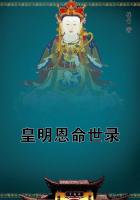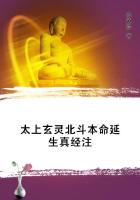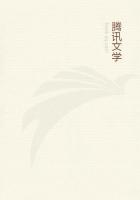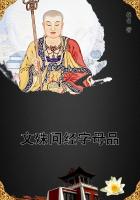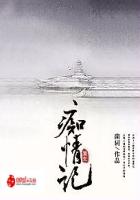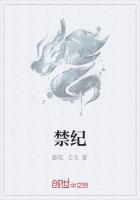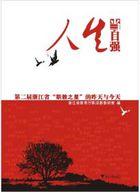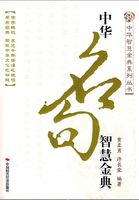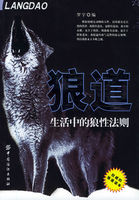The soul follows the progress of the body, as it does the progress of education. In the weaker sex, the soul accords also with delicacy of temperament, and from this delicacy follow tenderness, affection, quick feelings due more to passion than to reason, prejudices, and superstitions, whose strong impress can hardly be effaced. Man, on the other hand, whose brain and nerves partake of the firmness of all solids, has not only stronger features but also a more vigorous mind. Education, which women lack, strengthens his mind still more. Thus with such help of nature and art, why should not a man be more grateful, more generous, more constant in friendship, stronger in adversity? But, to follow almost exactly the thought of the author of the Lettres sur la Physiognomie, the sex which unites the charms of the mind and of the body with almost all the tenderest and most delicate feelings of the heart, should not envy us the two capacities which seem to have been given to man, the one merely to enable him better to fathom the allurements of beauty, and the other merely to enable him to minister better to its pleasure.
It is no more necessary to be just as great a physiognomist as this author, in order to guess the quality of the mind from the countenance or the shape of the features, provided these are sufficiently marked, than it is necessary to be a great doctor to recognize a disease accompanied by all it marked symptoms. Look at the portraits of Locke, of Steele, of Boerhaave, of Maupertuis, and the rest, and you will not be surprised to find strong faces and eagle eyes. Look over a multitude of others, and you can always distinguish the man of talent from the man of genius, and often even an honest man from a scoundrel. For example it has been noticed that a celebrated poet combines (in his portrait) the look of a pickpocket with the fire of Prometheus.
History provides us with a noteworthy example of the power of temperature.
The famous Duke of Guise was so strongly convinced that Henry the Third, in whose power he had so often been, would never dare assassinate him, that he went to Blois.
When the Chancellor Chiverny learned of the duke's departure, he cried, ``He is lost.'' After this fatal prediction had been fulfilled by the event, Chiverny was asked why he made it. ``I have known the king for twenty years,'' said he; ``he is naturally kind and even weakly indulgent, but I have noticed that when it is cold, it takes nothing at all to provoke him and send him into a passion.''
One nation is of heavy and stupid wit, and another quick, light and penetrating. Whence comes this difference, if not in part from the difference in foods, and difference in inheritance, and in part from the mixture of the diverse elements which float around in the immensity of the void? The mind, like the body, has its contagious diseases and its scurvy.
Such is the influence of climate, that a man who goes from one climate to another, feels the change, in spite of himself. He is a walking plant which has transplanted itself; if the climate is not the same, it will surely either degenerate or improve.
Furthermore, we catch everything from those with whom we come in contact;
their gestures, their accent, etc.; just as the eyelid is instinctively lowered when a blow is foreseen, or (as for the same reason) the body of the spectator mechanically imitates, in spite of himself, all the motions of a good mimic.
From what I have just said, it follows that a brilliant man is his own best company, unless he can find others of the same sort. In the society of the unintelligent, the mind grows rusty for lack of exercise, as at tennis a ball that is served badly is badly returned. I should prefer an intelligent man without an education, if he were still young enough, to a man badly educated. A
badly trained mind is like an actor whom the provinces have spoiled.
Thus, the diverse states of the soul are always correlative with those of the body. But the better to show this dependence, in its completeness and its causes, let us here make use of comparative anatomy;
let us lay bare the organs of man and of animals.
How can human nature be known, if we may not derive any light from an exact comparison of the structure of man and of animals?
In general, the form and the structure of the brains of quadrupeds are almost the same as those of the brain of man; the same shape, the same arrangement everywhere, with this essential difference, that of all the animals man is the one whose brain is largest, and, in proportion to its mass, more convoluted than the brain of any other animal; then come the monkey, the beaver, the elephant, the dog, the fox, the cat. These animals are most like man, for among them, too, one notes the same progressive analogy in relation to the corpus callosum in which Lancisi - anticipating the late M. de la Peyronie - established the seat of the soul. The latter, however, illustrated the theory by innumerable experiments.
Next after all the quadrupeds, birds have the largest brains. Fish have large heads, but these are void of sense, like the heads of many men. Fish have no corpus callosum, and very little brain, while insects entirely lack brain.
I shall not launch out into any more detail about the varieties of nature, nor into conjectures concerning them, for there is an infinite number of both, as any one can see by reading no further than the treatises of Willis De Cerebro and De Anima Brutorum.
I shall draw the conclusions which follow clearly from these incontestable observations: 1st, that the fiercer animals are, the less brain they have; 2d, that this organ seems to increase in size in proportion to the gentleness of the animal; 3d, that nature seems here eternally to impose a singular condition, that the more one gains in intelligence the more one loses in instinct. Does this bring gain or loss?

